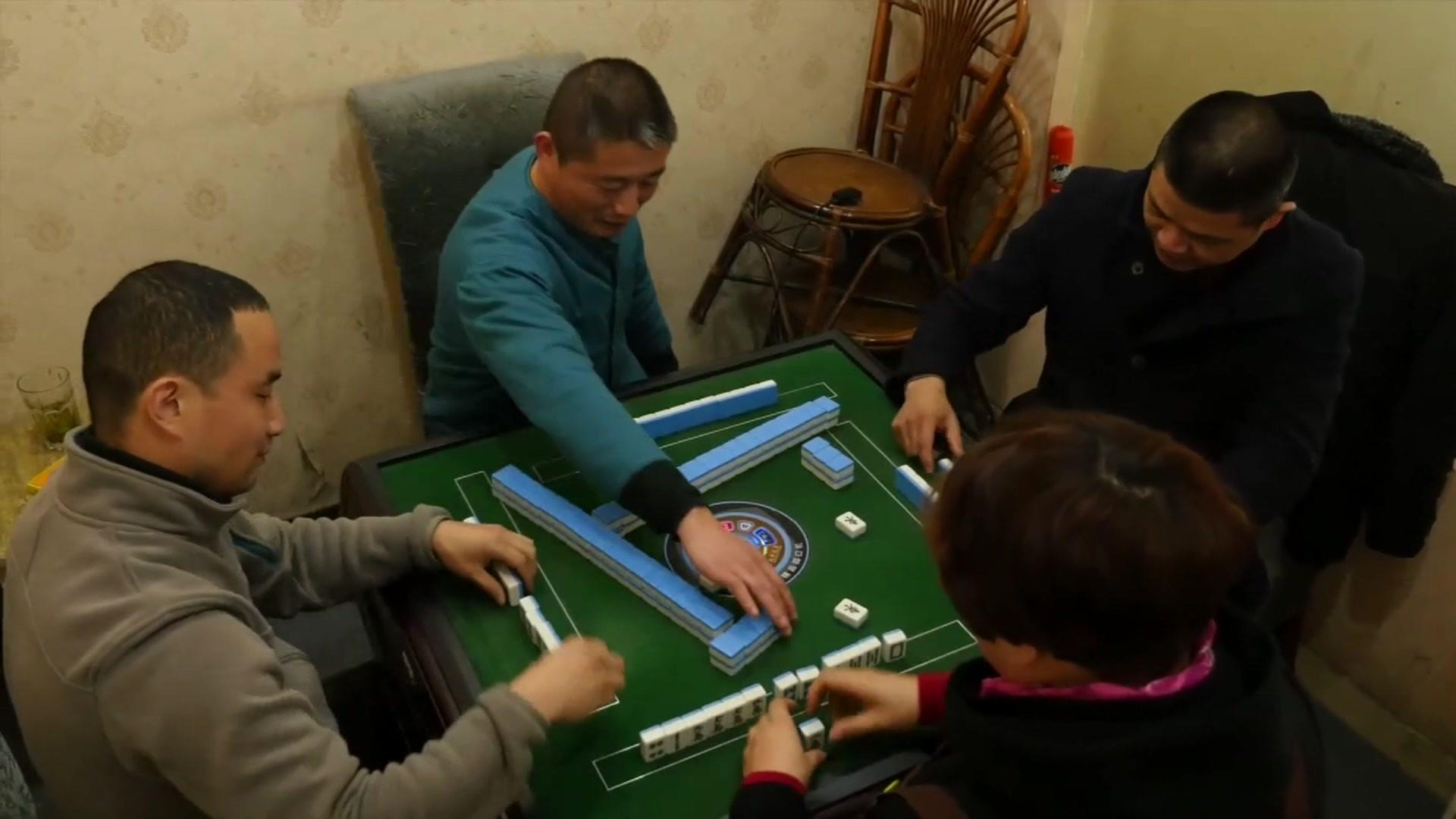Designed in China: Can China innovate?
- Published
Karishma Vaswani visits one Chinese innovator to find out if Beijing's plans to turn the country into an innovation superpower are realistic
For the last 30 years, China has been the workshop of the world. That manufacturing growth has transformed it into the world's second-largest economy.
But now this growth model is stagnating, and China knows it needs to change to keep its economy growing.
China has always been a country that copies its way to success, not a place where creativity thrives. So are China's plans to turn into an innovation superpower realistic?
The answer may lie in China's tech capital, Shenzhen. It's a city that was built on the back of achieving the Chinese dream.
And at a busy traffic junction in the city, you can see a tribute to the man who started the Chinese miracle: Deng Xiaoping, who is credited with the economic success of modern China.
In the 1980s, he began experimenting with special economic zones as a way to create economic growth, and Shenzhen was the first place he tested this theory out. Dozens more were created across the mainland, all to emulate Shenzhen's success.
Manufacturing firms cropped up all over Shenzhen, producing goods for customers all over the world. Consumerism became king in communist China - on the government's orders.
And in the frenzied pursuit of profits, it didn't matter whether what was produced was shoddy or a knock-off.
Taking on the world
Chinese consumer electronics giant TCL giant rode that first wave of manufacturing. It says it is now the third-largest television manufacturer in the world.
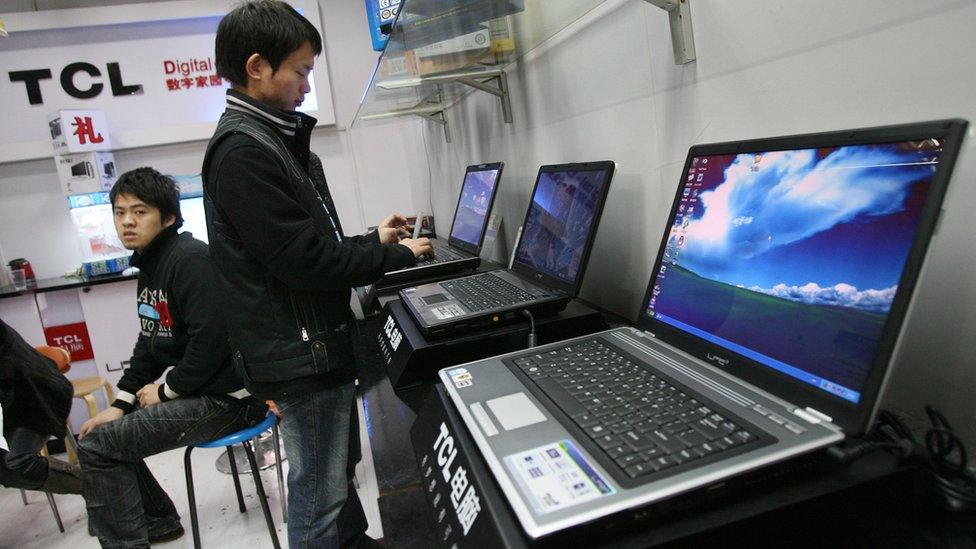
TCL rode the first wave of Chinese manufacturing
But TCL knows it cannot rest on its laurels, so is now trying to innovate on the factory floor - by replacing workers with machines - so it can make newer more efficient products.
TCL chairman Li Dongsheng says Chinese companies are following the path of Korean and Japanese firms a few decades ago.
"The path that Chinese companies in this industry are taking is very similar to that of Samsung, or LG 20 years ago," he told me in his office. "Or to go further back, the path Japanese companies took 30 years ago.
"I believe there is still a gap in the ability of Chinese companies today, but that gap is narrowing."
Chinese companies are now ready to take on the world. And they're being actively encouraged to do this by their government.
In 2006, Beijing announced a new vision for the future - that by 2020 China will transform into an innovative society, and by 2050 it will be a world leader in science and technology.
It certainly sounds very ambitious, but China has the political will and the financial muscle to do this.
Bigger dreams
There's no shortage of funding for a good idea here. But can top-down innovation work?
I travelled to Beijing to find out, and there I got a chance to see one of China's newest companies emerging on the global innovation stage: Cheetah Mobile.
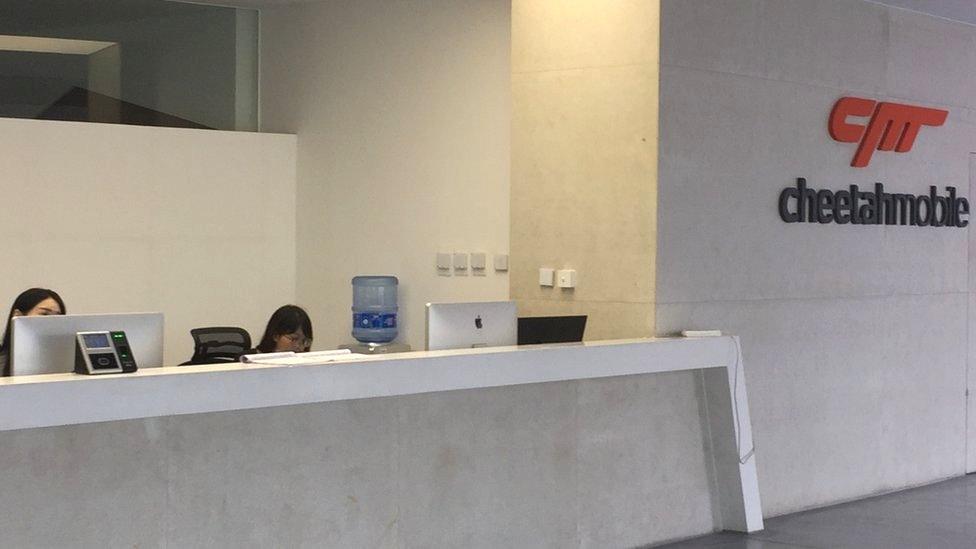
Cheetah Mobile is an emerging Chinese innovator
Cheetah used to make mobile security software and created a 650-million-strong community of users. That's just behind Facebook and Tencent. But Cheetah's boss, Fu Sheng, didn't want to stop there. He had bigger dreams.
"Chinese mobile internet products are actually pretty good," he told me as we walked around his Silicon Valley style office. "So I was convinced that my idea was sound. But every time I brought it up to my colleagues the response was, 'OK, good.' And then went back to their own work."
Mr Fu pauses for effect and smiles. "Until one day, I brought them all to the US for a meeting. That night, we stayed in a very cheap hotel and bought some wine.
"After a few glasses, I said to them, 'Let's not just target the Chinese market. Let's go for the overseas market - especially the US.' They must have all been drunk, because they all agreed. And so we embarked on this path to go global."
Cheetah now makes mobile games and applications. Some 60% of its revenues now come from its overseas markets. Cheetah is also developing a live broadcasting tool called Live.me to take on the likes of Periscope and Facebook Live. Mr Fu says Chinese firms must aim higher and compete with US firms.
"American companies are leading globally without working as hard as us," Mr Fu told me. "It's not because they have the leading technologies, it is because of the way they think.
"Chinese companies value knowledge and hard work, American companies value direction and vision. That was when I realised we needed a bigger goal: to go global."
Breaking the mould?
But while Chinese firms may be more ambitious than before, they may still not be sophisticated enough to pull off a radical idea.
"Will the next Facebook or Google come from here? It remains to be seen," says venture capitalist Lee Kaifu. He was the former Google boss in China, and now invests in Chinese start-ups.
"I think breakthrough innovation will be difficult. The Chinese education system is still focused on the drills, it's not so good at breaking the mould."

Tsinghua University is experimenting with new forms of children's learning
But change is coming - in small, yet significant ways
At the prestigious Tsinghua University in Beijing, an experiment is taking place that hopes to change the way Chinese children are taught.
It's a partnership between Tsinghua University and the Lego Foundation. In a small room tucked away in a corner of the university, young children are taught to learn by doing, not by rote. Kids in their school uniforms crowd the tables, creating models with brightly coloured blocks.
"When we did this before, we had our teachers leading us," says nine-year-old Zhang Fuxiao. "Today we're doing it ourselves, so I'm a bit nervous.
"I'm worried I won't do well, and sometimes we keep making mistakes. But it gets better with practice."
Innovation in China may still be in its early stages, but companies here have global ambitions. And if there's one thing that China's economic rise has shown, it's that its people are quick studies.
You can watch Talking Business: Designed in China on BBC World News at these times.
- Published8 May 2016
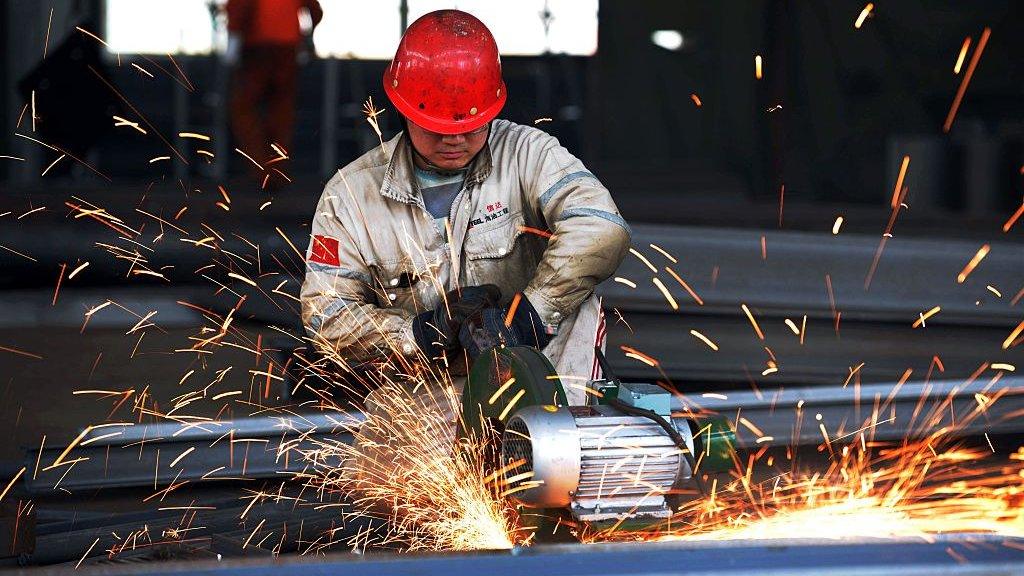
- Published13 April 2016
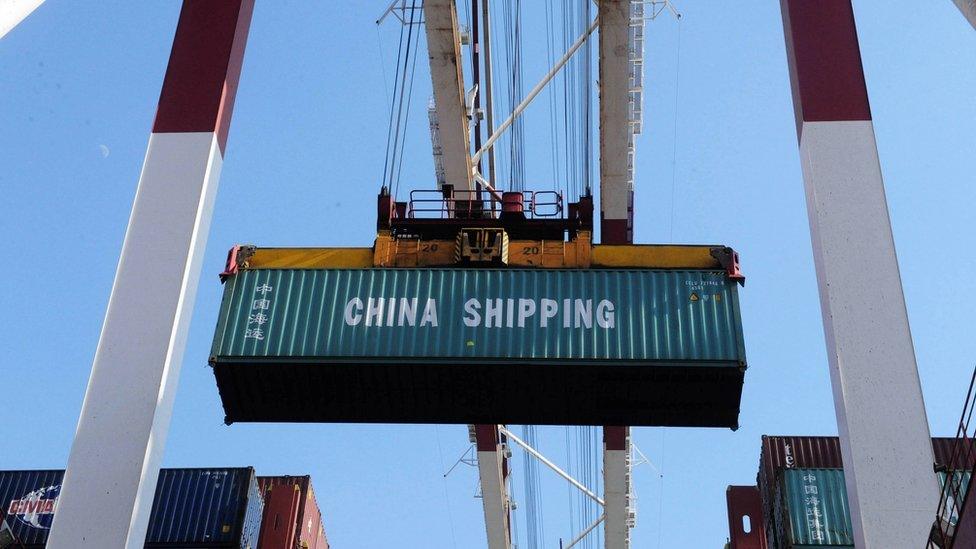
- Published15 April 2016
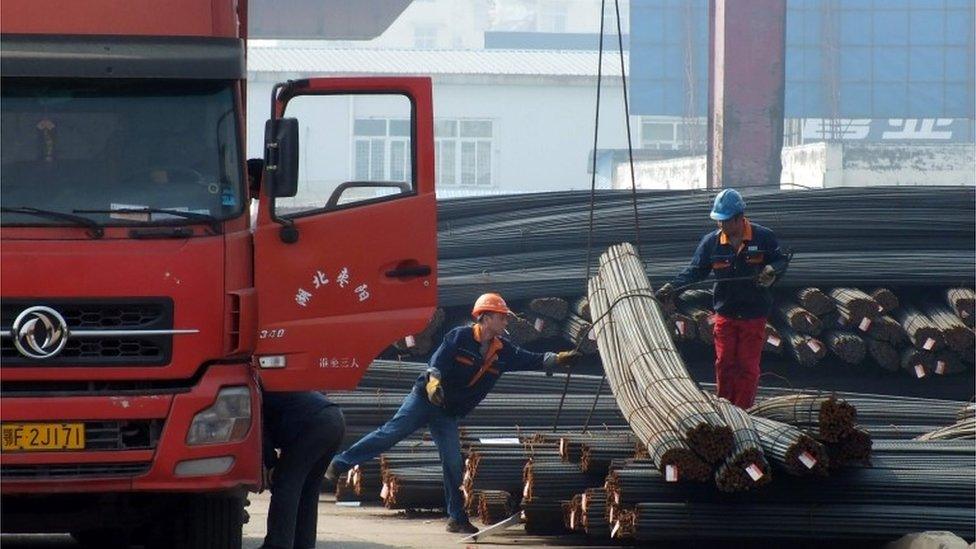
- Published19 January 2016
